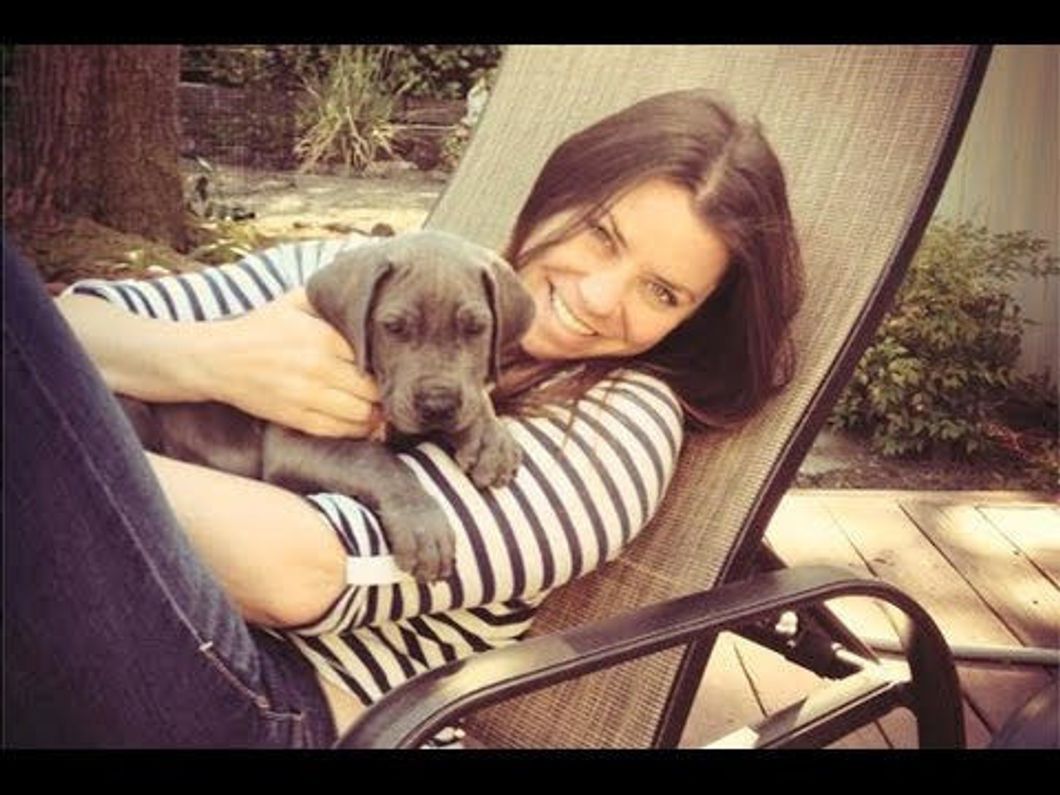Four years ago, almost to the date, Brittany Maynard took her own life through Oregon's right-to-die law. She garnered national attention by packing up her belongings and moving 600 miles from California to Oregon at the age of 29.
Most 29-year-olds do not get incurable brain cancer. Most young cancer patients do not choose assisted suicide when given a terminal diagnosis. Most people would not decide, as Maynard and her husband did, to pack up and move to another state so she could have that choice. Maynard even decided to let the world in on her excruciating choice, opening herself and her family up to criticism at a time when that is the last thing they needed.
Of all deaths, between 0.3% to 4.6% are reported as euthanasia or physician-assisted suicide in jurisdictions where they are legal. The frequency of these deaths increased after legalization. Brittany, in an interview, said "Having this choice at the end of my life has become incredibly important. It has given me a sense of peace during a tumultuous time that otherwise would be dominated by fear, uncertainty, and pain."
The subject of euthanasia has highlighted religious tensions among many groups of people. The ethical controversy surrounding the subject of euthanasia was founded on the moral and religious notion that it contradicted God's creation of life and injured others if someone decided to end their life.
Buddhists have a simple opinion on the subject of euthanasia, as Buddhism is comprised of the essence of the Four Noble Truths. These truths explain the truth of suffering, the truth of the cause of suffering, the truth of the end of suffering, and the truth of the path that leads to the end of suffering. Damien Keown, who is a professor of Buddhist ethics, says "The bottom line is that so long as there is no intention to take life, no moral problem arises." Buddhists are taught to have a great respect for life, Keown says, even if that life is not being lived in optimal physical and mental health.
This means, for instance, that while a terminally ill person should not be denied basic care, he or she could refuse treatment that might prove to be futile or unduly burdensome. Buddhists also believe that one does not need to go extraordinary lengths to preserve a dying one's life. Even though a terminally ill person should not be denied basic health care, they would refuse treatment to prolong their life.
On the other hand, all three major Jewish movements in the United States – Orthodox, Conservative, and Reform – prohibit suicide and assisted suicide, even in cases of painful, terminal illnesses. Under Jewish law, the directive to preserve human life generally outweighs other considerations, including the desire to alleviate pain and suffering. According to Rabbi Leonard A. Sharzer, associate director for bioethics at the Louis Finkelstein Institute for Religious and Social Studies at The Jewish Theological Seminary in New York City, Judaism teaches that life is a precious gift from God. He says that "A person's life belongs to God, and therefore deciding when it ends should be left to God." According to Jewish teachings, doctors and caregivers should not do anything to hasten death and generally must work to keep people alive as long as possible.
I am Jewish, and I do not stand for the opinion of the Jewish movements that prohibits an action for someone's right-to-die. It is ludicrous to assume that all people of a designated religion will have the same opinion. Death is a private matter and if there is no harm to others, the state and other people have no right to interfere.
In the case of Brittany Maynard, she suffered from a terminal brain tumor, greatly impacting her future quality of life. She pushed for her right-to-die, allowing her to end her life in the presence of friends and family through a specific process that allowed her to understand what the impact would be and the timeframe in which her life would end. Brittany said, "If you ever find yourself walking a mile in my shoes, I hope that you would at least be given the same choice and that no one tries to take it from you." Each person is entitled to their own decision about their life. I believe that a person should have the authority to exercise their right-to-die in cases where death is inevitable.



















